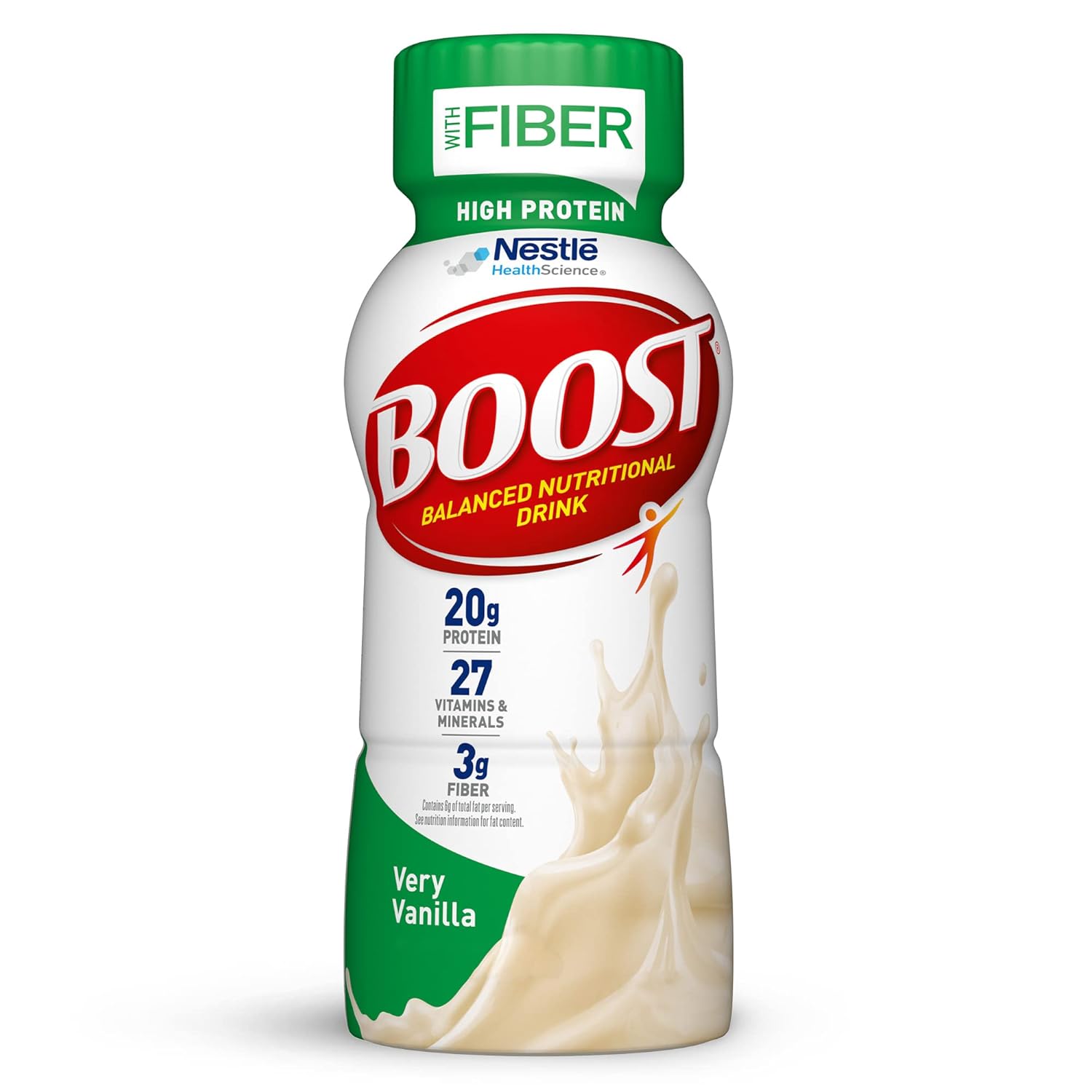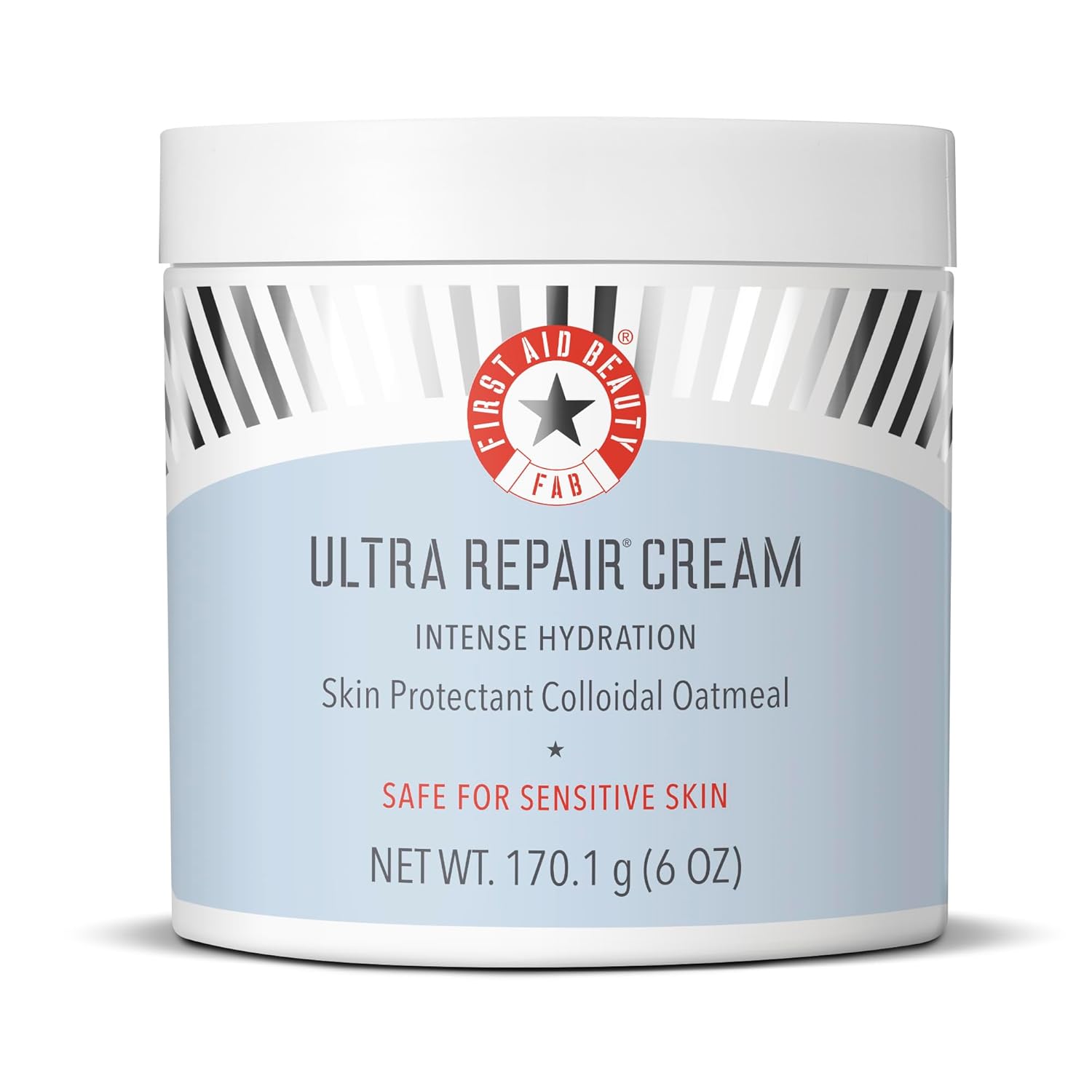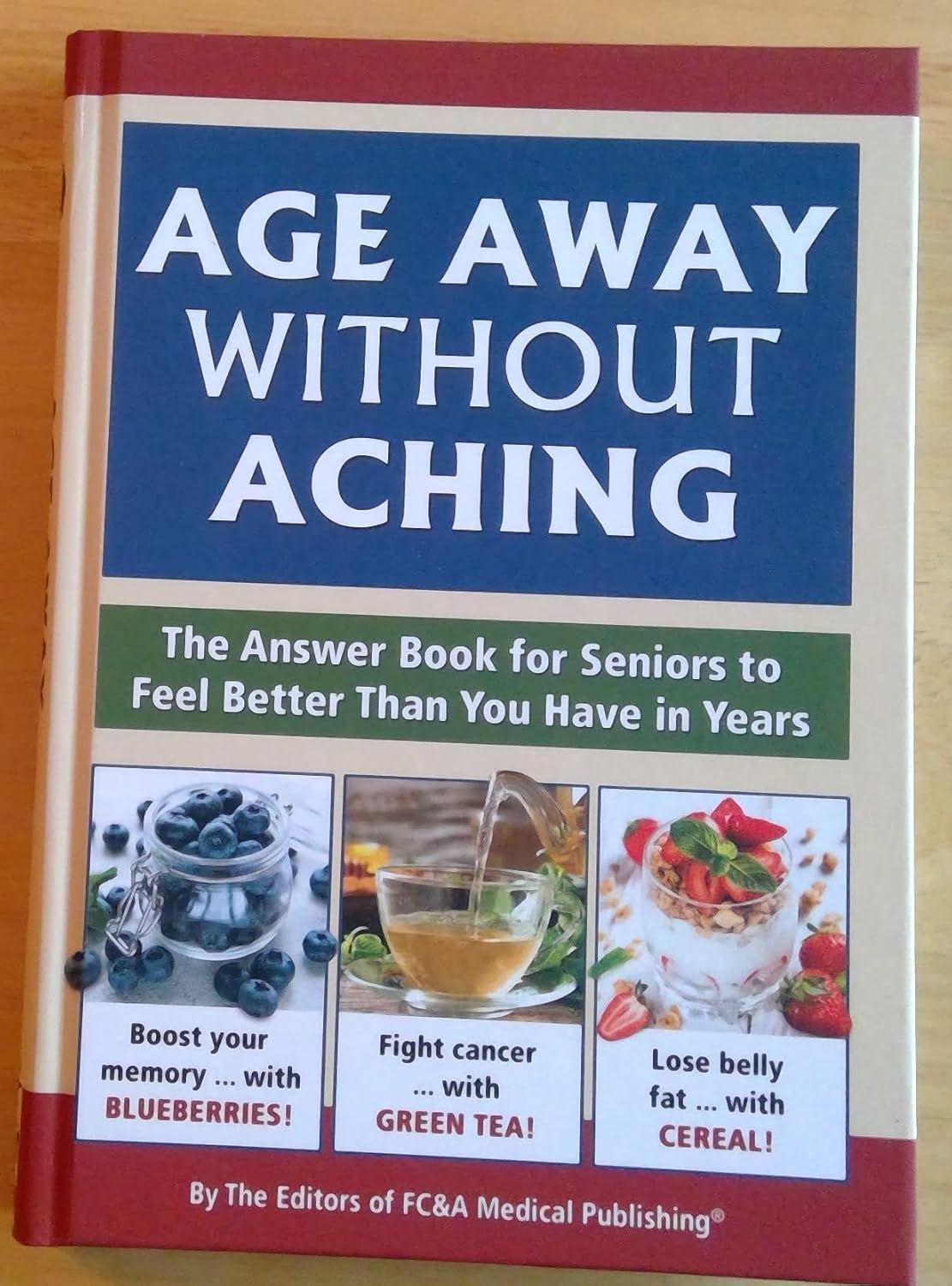Longevity in Your 60s
As we age, our bodies undergo various changes that can impact our health and well-being. By the time we reach our 60s, many of us may feel the effects of a lifetime of wear and tear, making it essential to focus on maintaining vitality and longevity. While a balanced diet rich in nutrients is fundamental for healthy aging, certain supplements can help fill gaps in your nutrition and support overall health during this pivotal decade. In this blog post, we’ll explore the top five supplements that can promote longevity in your 60s.
1. Omega-3 Fatty Acids
Omega-3 fatty acids are essential fats known for their numerous health benefits. These polyunsaturated fats primarily come from fish oil or algae-based sources and have been linked to improved cardiovascular health—a significant concern as we age.
Benefits:
- Heart Health: Omega-3s contribute to lowering triglycerides, reducing blood pressure, and preventing arterial plaque buildup.
- Cognitive Function: Research suggests omega-3 fatty acids may reduce cognitive decline associated with aging by supporting brain health.
Recommended Sources:
If you’re considering an omega-3 supplement, opt for high-quality fish oil capsules or plant-based options derived from algae if you’re vegetarian or vegan. Aim for a daily intake that provides about 1,000 mg of combined EPA (eicosapentaenoic acid) and DHA (docosahexaenoic acid).
2. Vitamin D
Vitamin D is crucial for maintaining strong bones and supporting the immune system—two critical factors as we grow older. However, many people over 60 are found to be deficient in vitamin D due to reduced sun exposure or inefficient synthesis by the skin.
Benefits:
- Bone Health: Vitamin D aids calcium absorption which helps prevent osteoporosis—a common condition among older adults.
- Immune Support: It plays an essential role in strengthening your immune response.
Recommended Sources:
The best way to get vitamin D is through sunlight; however, considering dietary sources like fatty fish (salmon), fortified dairy products, or cereals might not always suffice. A daily supplement providing at least 800–1000 IU (International Units) is often recommended but consult with a healthcare provider before starting any new regimen.
3. Coenzyme Q10 (CoQ10)
Coenzyme Q10, or CoQ10, is a powerful antioxidant that is naturally produced by the body and plays a critical role in energy production within cells. As we age, our natural levels of CoQ10 tend to decline, which can affect our energy levels and contribute to various age-related conditions.
Benefits:
- Energy Production: CoQ10 helps in the conversion of food into energy, making it essential for maintaining vitality as we grow older.
- Heart Health: Numerous studies have shown that CoQ10 can help improve heart function and reduce symptoms associated with heart disease.
- Antioxidant Protection: It protects cells from oxidative stress caused by free radicals—molecules that damage cellular structures and contribute to aging.
Recommended Sources:
CoQ10 can be found in small amounts in foods like meat (especially organ meats), fish, nuts, and whole grains. However, for therapeutic benefits, supplementation is often preferred. A daily dose of 100–200 mg is commonly suggested for adults over 60 years old.
4. Magnesium
Magnesium is an essential mineral involved in hundreds of biochemical reactions within the body. Many people do not get enough magnesium through diet alone—especially those over 60 who may have dietary restrictions or digestive issues affecting nutrient absorption.
Benefits:
- Bone Health: Magnesium works synergistically with calcium to promote strong bones.
- Muscle Function & Relaxation: This mineral supports muscle function and can help reduce cramps or spasms often experienced as we age.
- Mood Regulation: Studies indicate a link between adequate magnesium levels and improved mood as well as reduced anxiety.
Recommended Sources:
Magnesium-rich foods include leafy greens (spinach), nuts (almonds), seeds (pumpkin seeds), legumes (black beans), whole grains (brown rice), and dark chocolate! If you’re considering supplements due to deficiencies or increased needs during aging stages, aim for a dosage between 300–400 mg per day depending on personal health circumstances.
5. Probiotics
Probiotics are live bacteria that confer health benefits when consumed in adequate amounts; they play an integral role in gut health—a vital area of focus especially since gut microbiota changes with age can impact digestion and immunity.
Benefits:
- Digestive Support: Probiotics help maintain a balanced gut microbiome which improves digestion—a common issue among older adults.
- Immune System Boost: They also enhance immune function by promoting healthy gut flora which plays a crucial role because about 70% of our immune system resides within the gut lining.
Recommended Sources:
Look for high-quality probiotic supplements containing multiple strains such as Lactobacillus acidophilus or Bifidobacterium bifidum. Aim for at least 1 billion CFUs (colony-forming units) daily but check labels carefully since formulations vary widely across brands.
Conclusion
Incorporating these five supplements—Omega-3 fatty acids, Vitamin D, Coenzyme Q10, Magnesium, and Probiotics—into your wellness routine during your 60s could enhance your quality of life significantly while promoting longevity. However, it’s essential to remember that supplements should complement—not replace—a well-rounded diet rich in fruits vegetables lean proteins whole grains healthy fats along with regular physical activity sufficient hydration ample sleep social connections stress management practices focused on mental well-being! Before starting any new supplement regimen it’s prudent consulting healthcare providers who understand personal medical history specific needs potential interactions with medications already prescribed thus ensuring safe effective choices tailored towards supported healthier living!




